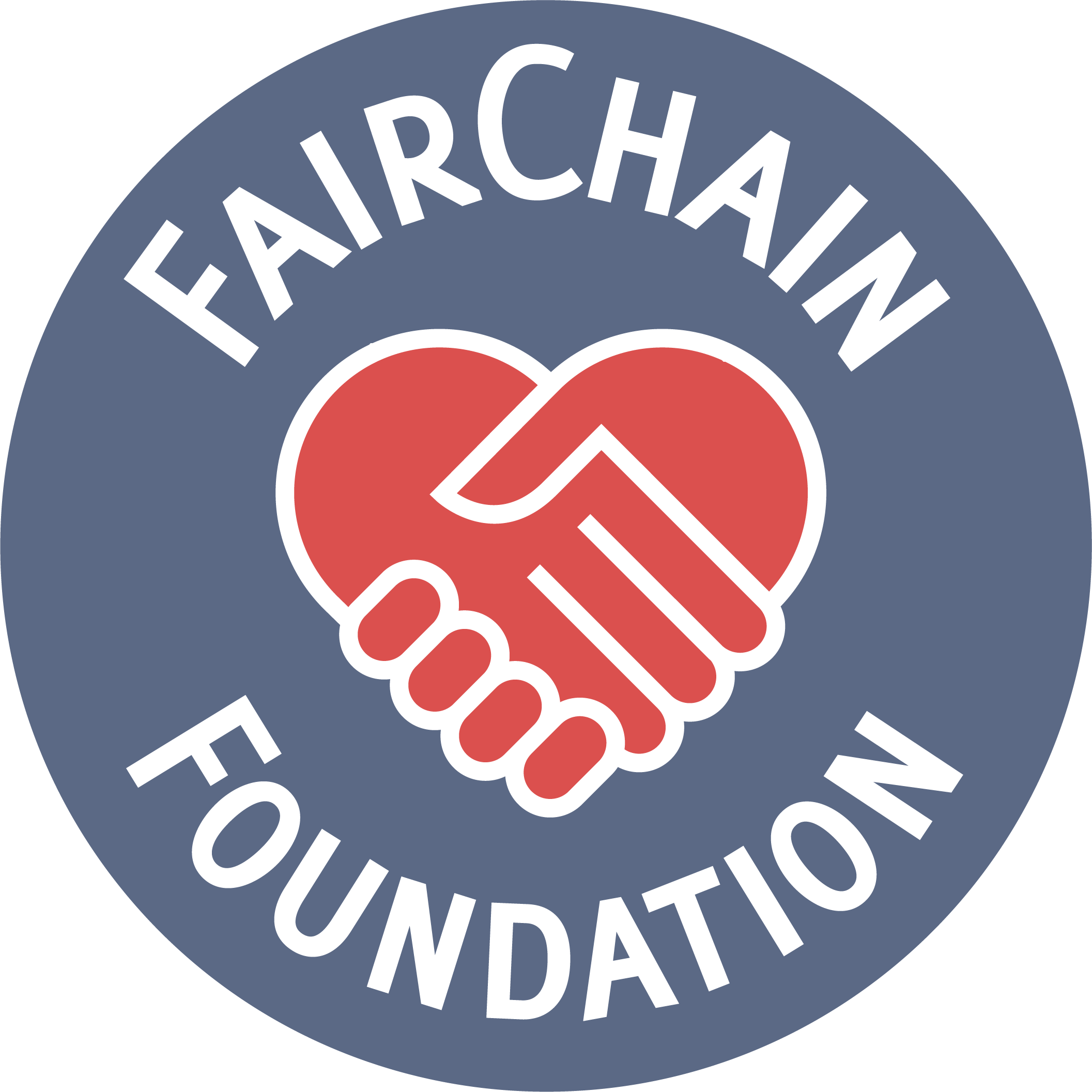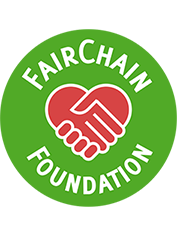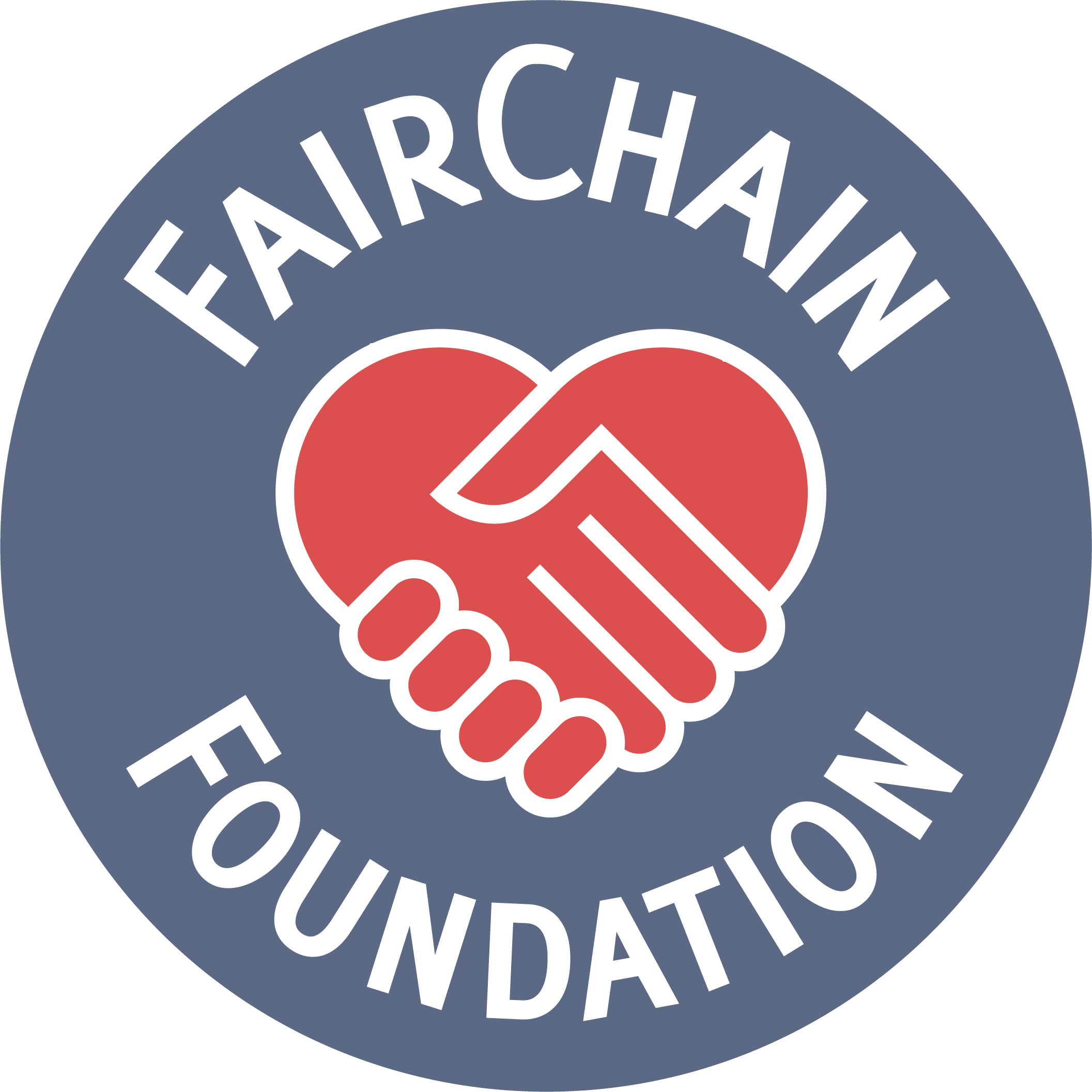
Fairtrade coffee when it’s served cold and watered down.
At least that’s the answer that a Senegalese development economist named Ndongo Samba Sylla will give you.
Now, let’s just get one thing straight:
Fairtrade coffee was never originally known for it’s taste. Rather, it was the tremendously successful sales pitch sold to us consumers here in the west of solidarity with the world’s poor which brought that nice warm feeling with each cup. Where this all went wrong is when this tempting marketing message started to be watered down when it was happily slapped on an unbelievably broad range of products that only needd to contain at least one fairtrade certified ingredient for the entire product to get about town, touting its very own fairtrade credentials all of its own. The effect of the once-revered fairtrade label becoming overly marketed is that the definition becomes blurred of what fairtrade actually is, and what it stands for.
 What makes this young Sengalese economist so sure about the failure of fairtrade stems from his reverence for history. This is a man whose fresh nimble mind has no problem harking back to the days of the slave trade, when anti-slavery campaigners urged British consumers to boycott sugar from the West Indies in favour of the sweetest-tasting sugar of it’s day- ‘slave-free’ supplies from India! From these early efforts to distinguish products that have been produced according to ethical standards, the ‘fairly-traded’ market has witnessed a tension that’s been held between social activists on the one side (for the sake of this argument, let’s call it the left), and capital businessmen riding the joys of the free market on the other (right) side. As any student of economics will tell you, this tension has played itself out time and time again in the form of well-intended business models becoming more focused on easing consciences in rich countries to turn a buck, than making serious inroads into poverty in the developing world.
What makes this young Sengalese economist so sure about the failure of fairtrade stems from his reverence for history. This is a man whose fresh nimble mind has no problem harking back to the days of the slave trade, when anti-slavery campaigners urged British consumers to boycott sugar from the West Indies in favour of the sweetest-tasting sugar of it’s day- ‘slave-free’ supplies from India! From these early efforts to distinguish products that have been produced according to ethical standards, the ‘fairly-traded’ market has witnessed a tension that’s been held between social activists on the one side (for the sake of this argument, let’s call it the left), and capital businessmen riding the joys of the free market on the other (right) side. As any student of economics will tell you, this tension has played itself out time and time again in the form of well-intended business models becoming more focused on easing consciences in rich countries to turn a buck, than making serious inroads into poverty in the developing world.
And that’s where the FairChain revolution comes into play! Read more about the change in the air that accompanies the smell of fresh roasted coffee at an Ethiopian roasting faciltiy here.
Read more from our man Ndongo Samba Sylla in his book ‘The Fair Trade Scandal: Marketing Poverty to Benefit the Rich’ from Pluto Press.


